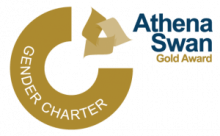

CPD and short courses
Our short courses are ideal if you are seeking experience in specific subjects for your own professional development.
Health and biomedical informatics
Food, nutrition and dietetics courses

Nutritional Medicine MSc
The nutritional short courses are optional modules for the Nutritional Medicine MSc.